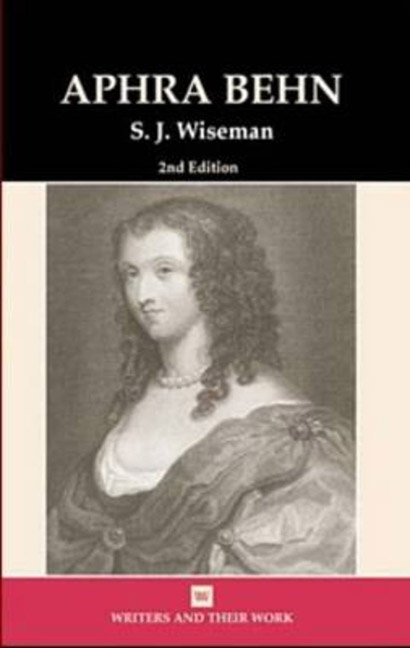5 - Translation
Summary
[S]eek a Poet who your way do's bend, And chuse an Author as you chuse a Friend.
This was Lord Roscommon's advice to a would-be translator in 1684. Roscommon, of course, was thinking of choosing a ‘friend' from amongst the classical authors, not contemporary European writers. In late seventeenth century intellectual cultures the ability to translate from Latin and Greek was substantially, if not exclusively, the preserve of the educated male elite. Possession of Latin and Greek constituted cultural entitlement. Greek also sometimes had the status of a private code. Thus, while Lucy Hutchinson was the first translator of Lucretius's De Rerum Naturn, most women did not have Latin, let alone Greek.
The test of translation from classical languages was one of which every writer was aware but, as more people could read and write in English but not in the classical languages, the importance of printed vernacular literature grew. If the basis for most other cultural capital was knowledge of the classical languages, it was also the case that a growing number of readers and commercial writers lacked this. At the same time, the self-conscious urban and politicized discourse of 1660s London was reconfigured in the intellectual and social ‘cabals', clubs and academies of the Restoration. Behn claimed to have no Latin but her writing demonstrates that she had a strong relationship with classical literature and ideas - and, as Line Cottegnies reminds us, she saw the potential of translating from the contemporary European languages. Her translations include, Seneca Unmasqued in her Miscellany (1684-5), La Montre, or the Lovers Watch (1686), A Discovery of New Worlds (1688), The History of Oracles (1688), and Lycidus published with another Miscellany (1688). Behn's translations tell us about her own status and abilities, but her place in the debate on translation also suggests something about the rifts and alliances within London's intellectual discourse.
For Restoration translators, the stakes had in some ways been set by John Denham's royalist translation from Virgil in the 1650s. In translating Virgil into an identifiably royalist aesthetic, Denham also partially rewrote the terms of translation by emphasizing both freedom and fluency. Behn's contemporaries felt that they were responding to Denham.
- Type
- Chapter
- Information
- Aphra Behn , pp. 102 - 108Publisher: Liverpool University PressPrint publication year: 2006



